|
LISTEN TO THIS THE AFRICANA VOICE ARTICLE NOW
Getting your Trinity Audio player ready...
|
Donald Trump was elected as the 47th president of the United States on Wednesday, November 6th, 2024 marking an unprecedented comeback for the former president whose political journey has been marked by controversy, conviction, and survival.
With his victory, Trump became the first president to reclaim the White House since Grover Cleveland’s return in 1892. His win came as he swept up enough electoral votes, following a final push in key swing states, to pass the 270 threshold required to secure the presidency.
Trump’s campaign strategy mirrored his 2016 playbook but took an even more combative approach. He portrayed the country as descending into chaos, overwhelmed by violent crime, inflation, and an uncontrolled influx of migrants, a message that resonated with many Americans frustrated with the state of the nation. Throughout the campaign, Trump launched fierce attacks against his opponent, Kamala Harris, characterizing her in divisive, often racial and gendered terms. Harris, the current Vice President, ascended to the Democratic ticket after President Joe Biden stepped down from running, citing age-related concerns. Despite her attempt to energize disillusioned voters, Harris faced an uphill battle, struggling to distance herself from the administration’s challenges.
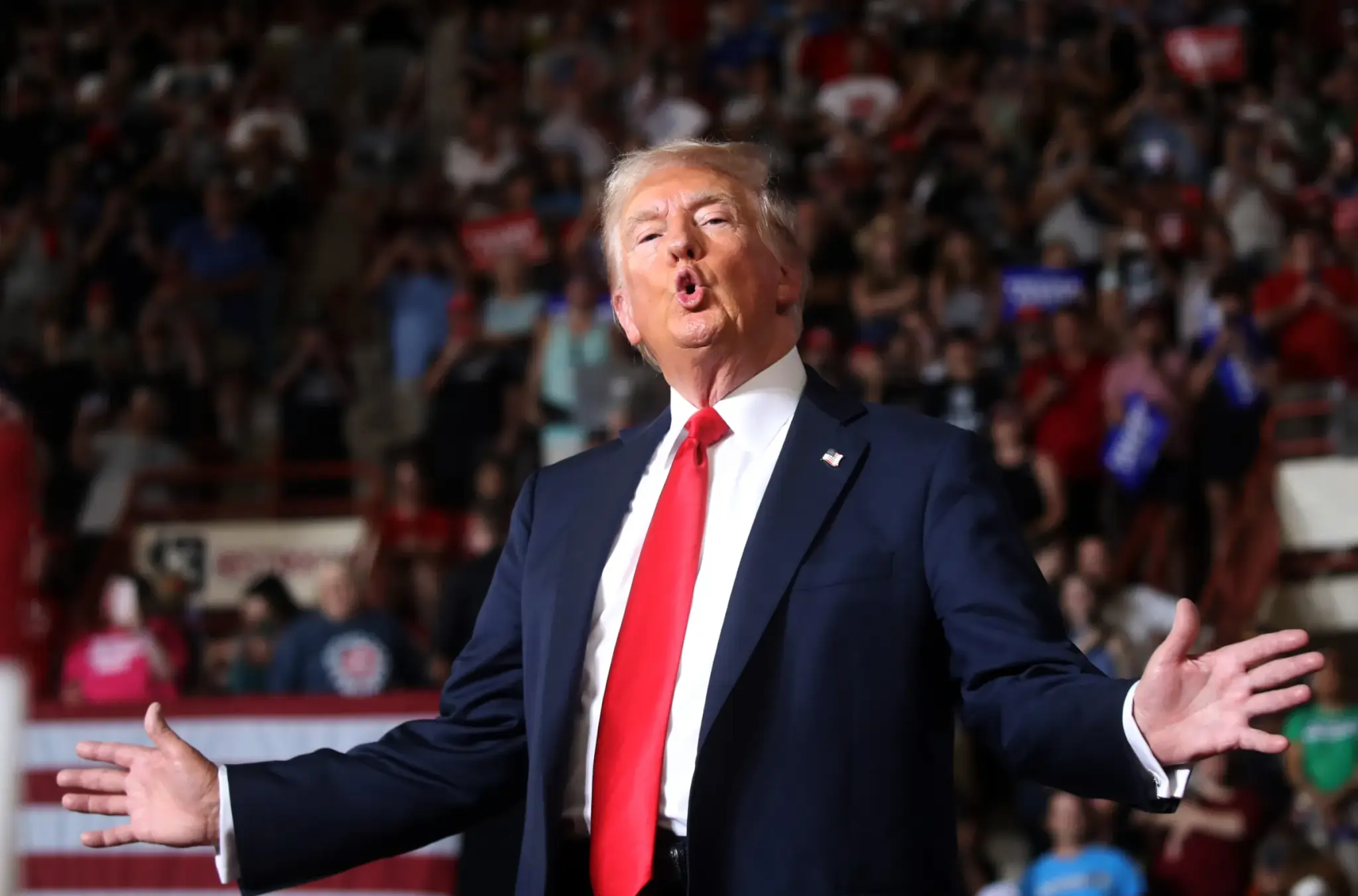
As Trump addressed his supporters in Florida, he expressed gratitude to his voter base, calling his victory “an extraordinary honor” and promising a radical agenda aimed at reshaping the federal government. “We’ve been through so much together, and today, you showed up in record numbers to deliver a victory,” Trump declared, reinforcing his pledge to “pay back” his supporters for their loyalty. His rhetoric emphasized his intention to bring what he called “retribution” against perceived enemies, hinting at plans for sweeping changes within government institutions and agencies.
The election season was rife with dramatic twists, including two assassination attempts on Trump, the first of which left him slightly injured but only seemed to solidify his base’s loyalty. In one incident, a gunman opened fire at a rally, grazing Trump’s ear and killing a supporter. Trump’s response—a bloody-faced, fist-in-the-air moment—solidified his image as a defiant, untouchable leader among his supporters. Weeks later, Secret Service thwarted another attempt on Trump’s life, a chilling reminder of the risks surrounding his polarizing return to the public eye.
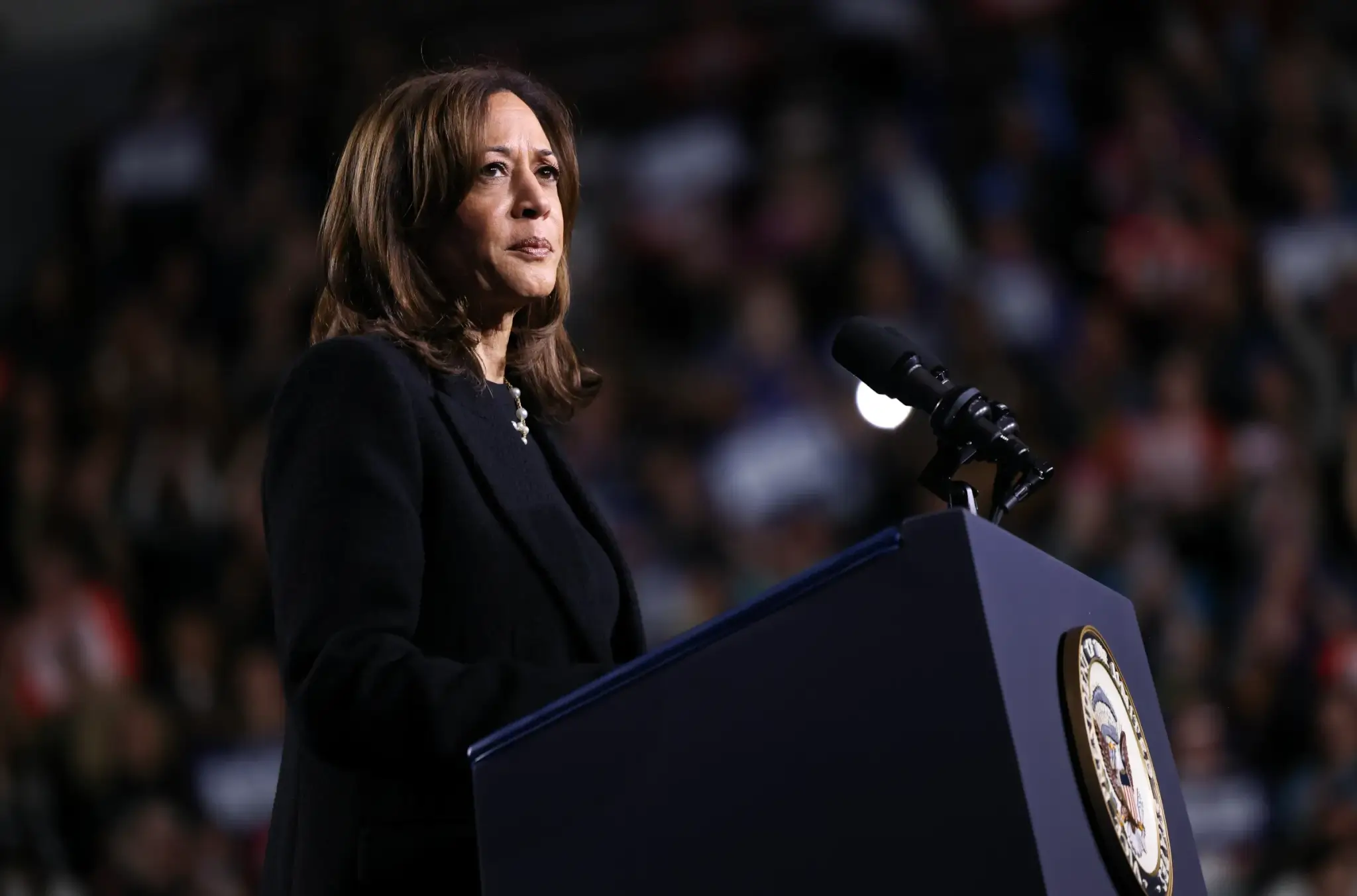
Trump’s re-election campaign benefitted from a Senate majority as Republican gains shifted control back to the GOP. In addition, his influence over the Supreme Court, where he previously appointed three conservative justices, further empowered his vision of a robust presidency with fewer checks on executive power. Legal experts note that Trump’s return could mean attempts to halt federal investigations against him. Trump’s past legal troubles, including a felony conviction related to hush money payments, will be closely watched as he begins his second term in office.
A blend of apocalyptic rhetoric and tough-guy charisma helped Trump maintain an unbreakable grip on his voter base. His speeches often praised authoritarian leaders and hinted at radical actions, such as deploying the military against political opponents and reshaping U.S. foreign policy in a way that unsettles traditional allies. Domestically, Trump’s plans include sweeping deportations and a punitive approach toward adversarial media outlets.
Despite repeated warnings from Democratic and some Republican leaders about the implications of his return to power, Trump successfully capitalized on public frustrations over inflation, crime, and the Biden administration’s handling of foreign conflicts. His opponents warned of potential threats to American democracy, but Trump’s support continued to grow, especially among voters who view him as a counterbalance to what they see as a failing establishment.
In her campaign, Harris attempted to focus on unity and positivity, but Trump’s incendiary style dominated headlines and seemed to drown out other narratives. His approach of doubling down on anger and resentment, especially concerning economic struggles and immigration, proved effective.
Trump’s controversial tactics raised concerns among some Republicans as well, including figures from his previous administration like former Vice President Mike Pence, who opted not to endorse him. However, Trump’s dominance within the GOP was solidified, particularly after he easily clinched the Republican nomination without debating any rivals, pushing aside challengers like Florida Governor Ron DeSantis.
As Trump prepares to assume office in January, international leaders have already started to reach out. In his acceptance speech, Trump emphasized his belief in “American resilience” and vowed to lead with a determination to “restore order” and “reclaim America’s power.”
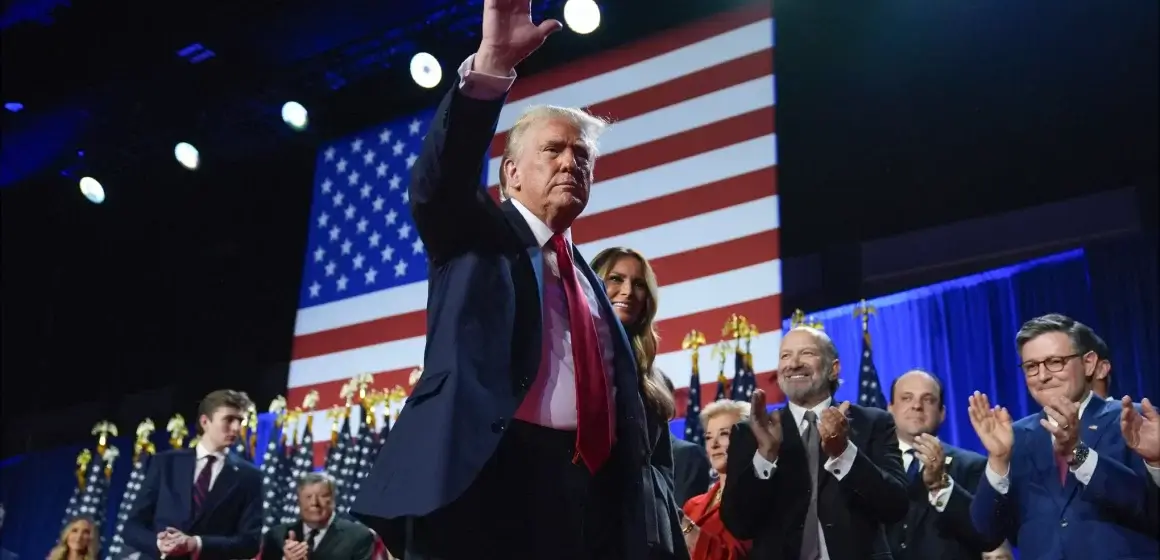
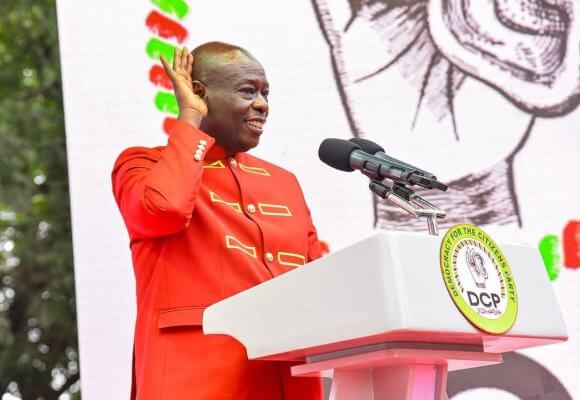

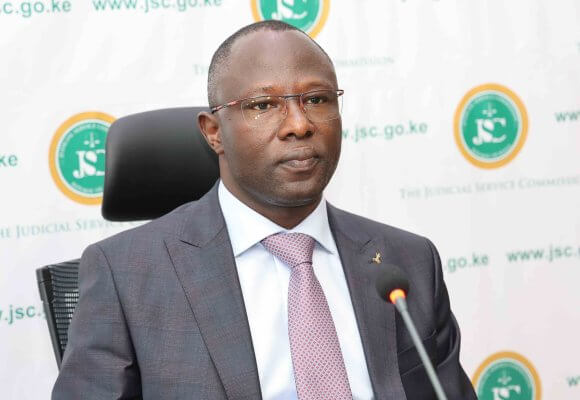




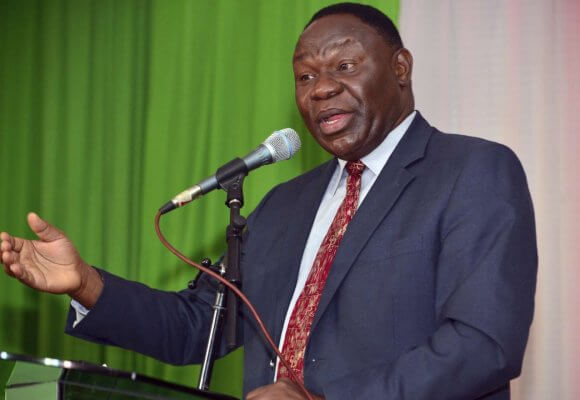


LEAVE A COMMENT
You must be logged in to post a comment.